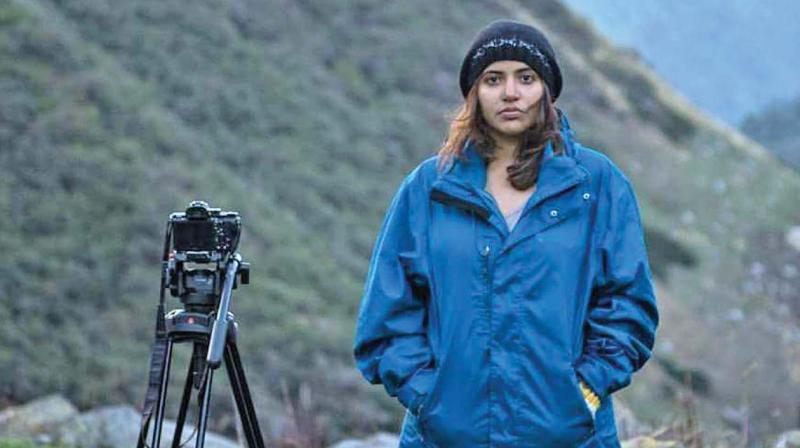A female perspective
The first-ever exclusive collective for women DOPs in India was formed on Women's Day.

This year’s Women’s Day was special for the existing and future women cinematographers of India, since it marked the formation of the first-ever collective for women cinematographers in the country. Indian Women Cinematographers Collective (IWCC), comprising about 60 members, aims to nurture new and young women talent aspiring to crank the camera.
The collective is the brainchild of the renowned cinematographer, Fowzia Fathima, known for her films like Mitr, My Friend (2002). “It all started with a Facebook group that was created by Fowzia Fathima ma’am, who brought in all the women cinematographers she knew to the group. We initially used to discuss the interesting things happening around the world in terms of cinematography. Later, when all the women cinematographers of UK came together and formed a collective called ‘Illuminatrix’, Fowzia ma’am got excited and said that it was something we should do here as well! That’s how the whole project started,” says Juhi Sharma, one of the members of the collective, who has worked in a Hollywood documentary and ad films for companies like Flipkart.
The collective will take on the task of exhibiting the works of the existing members, and get the word out on younger DOPs — “We will then go into conducting conferences and seminars with cinematographers in colleges from all around the world. The problem here is that cinematography is considered to be a physically-demanding profession — and I think that’s why not many women get into it. So the idea is to show and make many women understand that it is something they can do easily as well,” Juhi elaborates.
The other important aspect of the collective is to provide a sharing space for the women, who have been alone in their journey so far. Savita Singh, the national award-winning cinematographer, best known for her film Phoonk, says, “Women DOPs in India and around the world have been a rarity. When I started out nine years back, there were only about three or four of us — hence, our journeys were isolated. That doesn’t mean it was bad; it was beautiful. But we weren’t sharing our works or discussing it with anyone. This collective aims to achieve it.”
IWCC will also serve as a database and record of women’s works, which was hitherto missing, Savita adds — “We are building a website for the collective called iwcc.in. It will be the one-stop site for anyone to check out the works of women DOPs. This will be really constructive and will mirror what’s happening in our community.”
Another well-known cinematographer, Deepti Gupta, says that the initiative will help change the outlook of Indian cinema — which has previously only been witnessed through a male’s gaze. “Our films always show women as fragile and the weaker sex. Even the angle of the camera is in such a way, that it belittles them! This project helps us reconsider and change that gaze. As more and more women become part of making films, things will change more eventually.”
